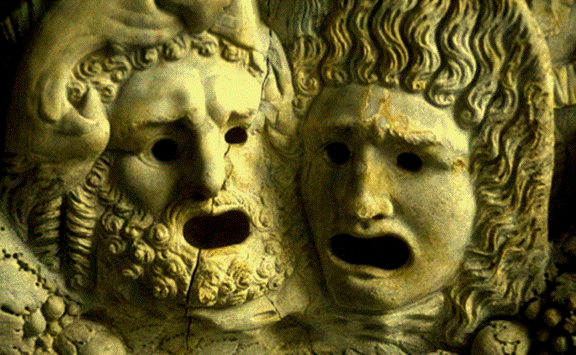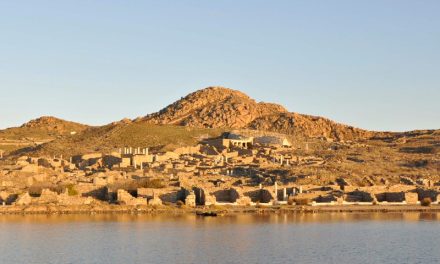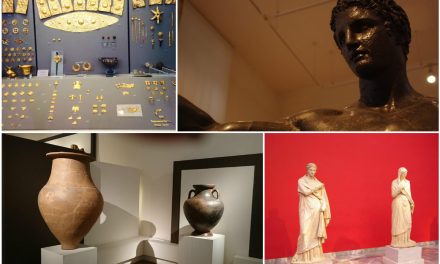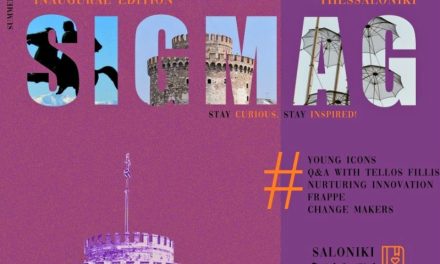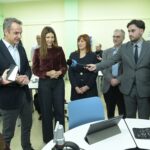The Epidaurus Lyceum is an ambitious new project of the Athens and Epidaurus Festival. From July 4th to July 19th, Epidaurus Lyceum will be the meeting point for 150 actors, drama teachers, directors, musicians, choreographers, theatre theorists, anthropologists and musicologists from around the world. The project is addressed to drama students and young actors, aiming to lead to a new approach towards ancient drama.
All the activities of Epidaurus Lyceum – 170 hours of practical and theoretical workshops and educational activities in English – will be hosted in ancient theatre venues, such as the Ancient Theatre and the Little Theatre of Epidaurus, at archaeological sites such as the ancient Stadium and the Asklepion (Sanctuary of Asklepios at Epidaurus), Byzantine monuments and other important sites and locations nearby. The main theme of the Athens and Epidaurus Festival for 2017 for the performances at the Ancient Epidaurus Theatre is ‘The eleusis of the Xenos’ – The Arrival of the Outsider. It was chosen because it relates to the dilemmas that Europe faces today and encourages a reappraisal of the political theatre of antiquity in the light of current global turbulence. This theme will also be the main thematic line of the classes at the Lyceum.
The repertoire of the Little Theatre of Ancient Epidaurus will be linked directly to the classes taught at the Lyceum with a focus on themes related to early forms of theatre in Greece, rituals and ceremonies, folklore and folk traditions, circle dances, traditional music and musical performances influenced by tradition, art inspired by ancient drama and work that in some way connects ancient drama with Greek cultural roots but also with universal themes of myth and drama.
The proposed modules and courses include:
1. RITUAL (anthropological perspectives on theatrical practice etc).
2. THE TRAGIC BODY (the post-Grotowski conditions of the function and presence of the actor’s body etc).
3. VOICE: MUSIC-LAMENT-SPEECH (the rhythm of tragic speech etc).
4. CONNECTING MYTH AND REALITY (the actor as agent of myth in contemporary reality etc).
The Lyceum aims to partner up with key institutions from around the world in order to build a network of drama academies, universities and acting schools that exchange expertise and excellence in contemporary theatre pedagogy and performance. Agreements with the Department of Theatre Studies of the University of the Peloponnese will be set up to assure the accreditation of the studies with 6 ECTS units and the possibilities of Erasmus+ mobility and partnership projects for Higher Education. The summer camp will be set up in a 25.000m2 area of pine-tree forest between Ligourio village and the Ancient Theatre of Epidaurus, which is also conveniently located near the local health centre.
For deadlines, please consult the official website of the greek festival or contact epidauruslyceum@gmail.com.
